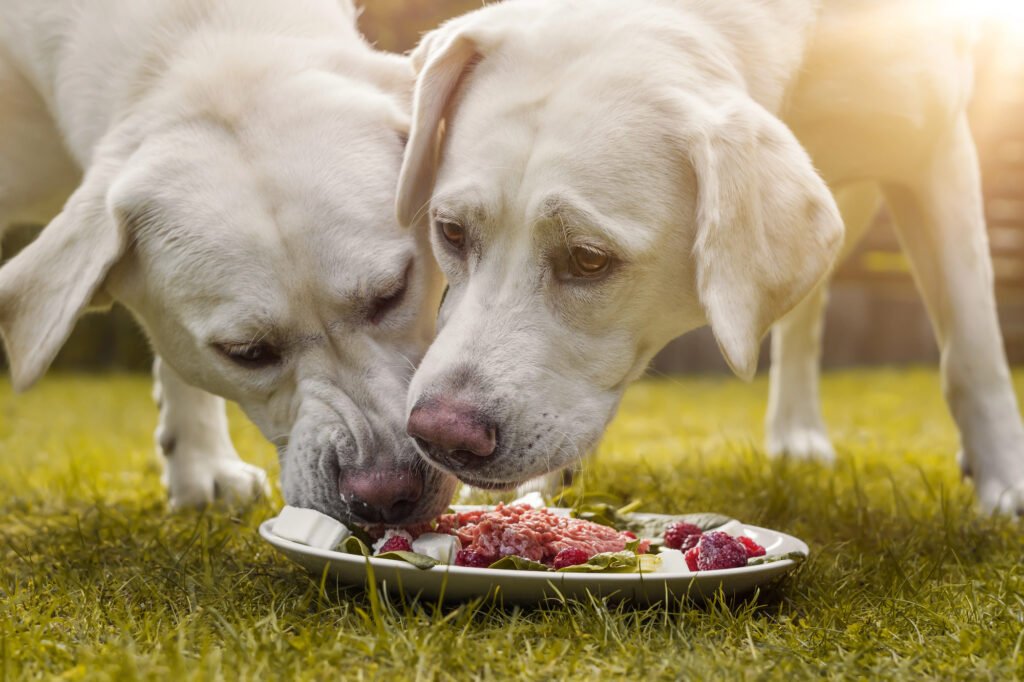In recent years, vegan diets have gained popularity not only among humans but also in the realm of pet nutrition. With growing concerns about environmental sustainability, ethical considerations, and health impacts, some dog owners are contemplating a plant-based diet for their canine companions. However, the question remains: Is a vegan diet good for dogs?
Understanding the Nutritional Needs of Dogs

Dogs are considered omnivores, which means they can consume both plant and animal-based foods. However, they have specific nutritional requirements that must be met to maintain their health. Key nutrients include proteins, fats, vitamins, and minerals, with an emphasis on amino acids like taurine and carnitine that are primarily found in animal tissues.
The Rise of Plant-Based Diets for Dogs

As awareness regarding animal rights and environmental issues grows, more pet owners are considering plant-based diets for their dogs. This shift might also be motivated by the belief that such diets can benefit canine health, reduce allergies, and enhance overall well-being.
Potential Benefits of Vegan Diets for Dogs

Some potential benefits of a vegan diet for dogs include improved digestion and reduced risk of food allergies. Plant-based diets are also often perceived to contain fewer harmful additives and preservatives, providing a cleaner dietary option. Additionally, vegan diets might contribute to weight management due to their lower caloric density.
Challenges and Concerns of Vegan Diets for Dogs

Despite potential benefits, there are significant challenges in feeding dogs a vegan diet. Meeting the complete nutritional requirements, especially protein and certain essential amino acids, can be difficult. There is also the risk of nutrient deficiencies and complications related to improper balance of vitamins and minerals.
The Importance of Complete and Balanced Nutrition

For any diet, whether vegan or meat-based, ensuring complete and balanced nutrition is crucial. A canine diet must provide the right proportions of macronutrients, micronutrients, and essential amino acids. This often necessitates careful formulation and possibly supplementation when adopting a vegan diet.
Scientific Research and Studies

Current scientific research on vegan diets for dogs is limited but growing. Some studies indicate that dogs can maintain health on a well-planned vegan diet, while others highlight potential risks of nutrient deficiencies. Ongoing research is essential to fully understand the long-term effects of vegan diets on canine health.
Veterinary Perspectives on Vegan Dog Diets

Veterinarians generally recommend cautious consideration of vegan diets for dogs. Some vets support vegan diets if they are properly balanced and supplemented, while others express concern over the risk of nutritional imbalances. Consulting with a veterinarian is crucial before transitioning a dog to a vegan diet.
Commercial Vegan Dog Foods

The market for commercial vegan dog foods is expanding, offering pre-formulated products designed to meet the nutritional needs of dogs. These products can provide a convenient and balanced option for pet owners considering a plant-based diet for their dogs. However, it’s important to select products from reputable brands with verified nutritional adequacy.
Transitioning to a Vegan Diet: Tips and Considerations

If you decide to transition your dog to a vegan diet, it’s essential to do so gradually. Start by slowly introducing plant-based foods while monitoring your dog’s health and well-being. Consulting with a veterinary nutritionist can help ensure a well-rounded and safe dietary transition.
Conclusion

The decision to feed your dog a vegan diet should be made with careful consideration of nutritional adequacy, health implications, and ethical beliefs. While dogs can potentially thrive on a balanced vegan diet, it requires diligent planning and monitoring. Consulting with veterinary professionals and selecting high-quality commercial options can aid in making the best choice for your furry friend.

Born and bred in South Africa, a Capetonian at heart. Amy-Leigh’s love for nature and animals was inherited from her Dad. He loves taking the family on road trips to experience nature at its finest; Amy-Leigh’s favourite being whale watching in Hermanus and spotting Kudu along the West Coast. Amy-Leigh holds a BA in English Literature and Communication Studies.






